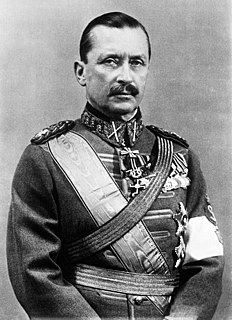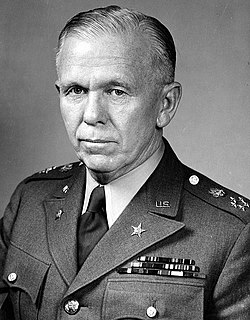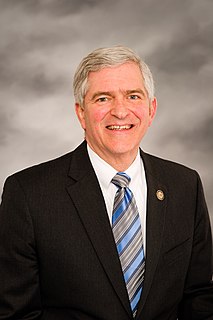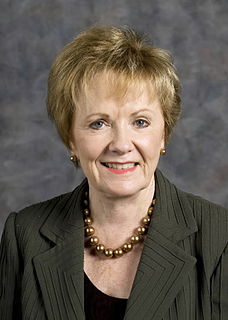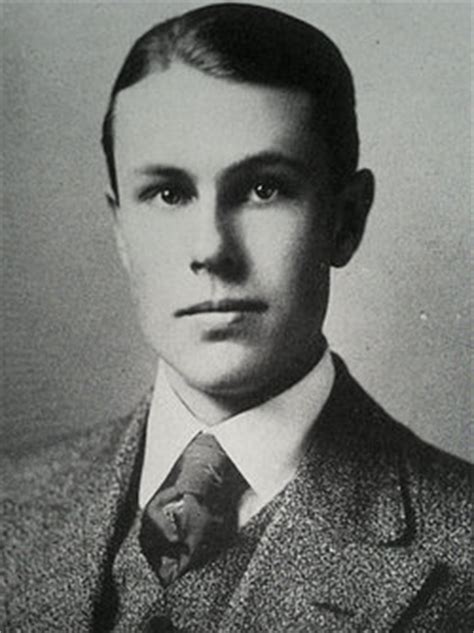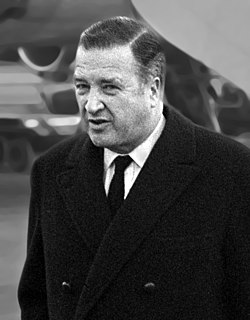A Quote by Carl Gustaf Emil Mannerheim
Fortifications, artillery, foreign aid - will be of no value, unless the ordinary soldier knows that it is HE guarding his country
Related Quotes
A nation as such does not give aid to another nation. More precisely, the common citizens of our country, through their taxes, give to the privileged elites of another country. As someone once said: foreign aid is when the poor people of a rich country give money to the rich people of a poor country.
For a long time I felt that FDR had developed many thoughts and ideas that were his own to benefit this country, the United States. But, he didn't. Most of his thoughts, his political ammunition, as it were, were carefully manufactured for him in advance by the Council on Foreign Relations - One World Money group. Brilliantly, with great gusto, like a fine piece of artillery, he exploded that prepared "ammunition" in the middle of an unsuspecting target, the American people, and thus paid off and returned his internationalist political support.
